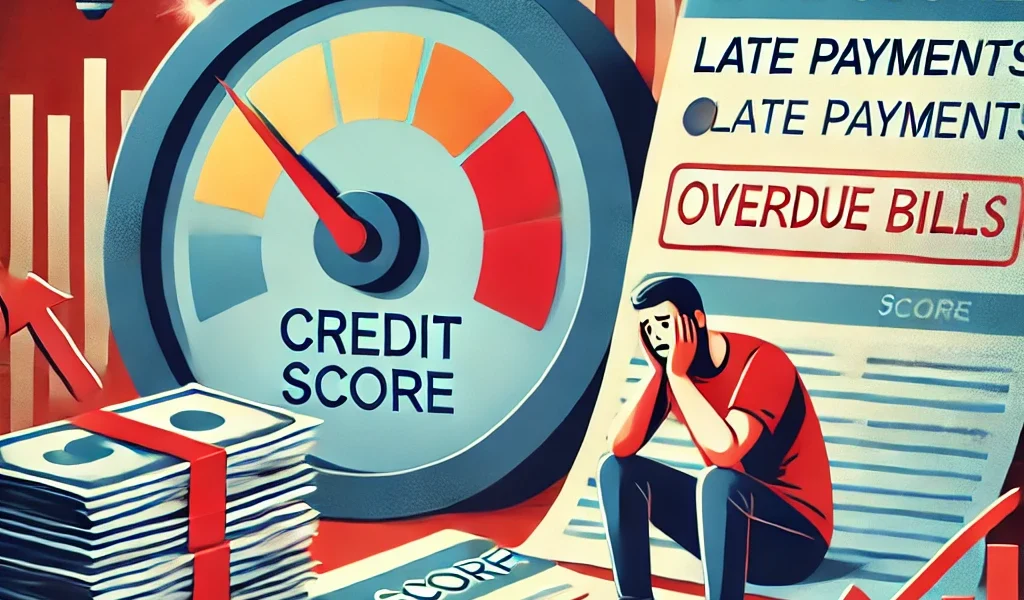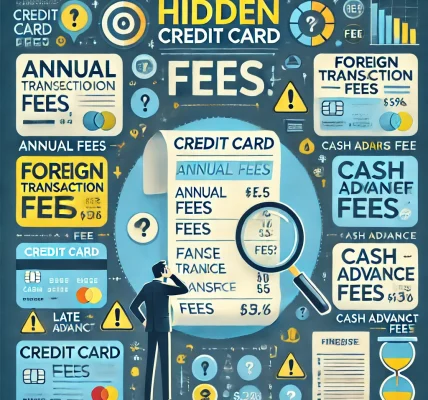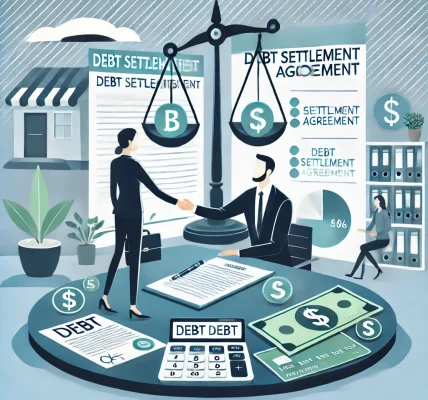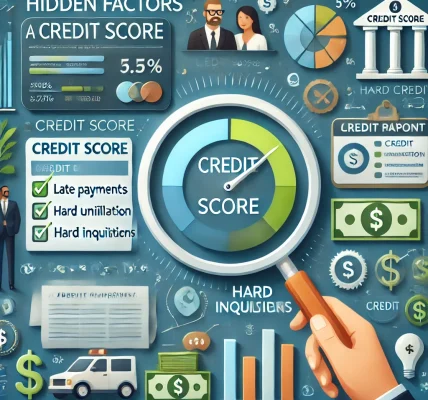Late payments can have a significant impact on your credit score, affecting your ability to secure loans, credit cards, and even rental agreements. Many people underestimate the consequences of missing a due date, but the truth is, a single late payment can stay on your credit report for years.
In this DIY guide, we’ll explore how late payments affect your credit score, how long they last on your credit report, and what you can do to minimize the damage.
1. How Do Late Payments Affect Your Credit Score?
Your payment history is the most important factor in calculating your credit score. It makes up 35% of your FICO score, meaning any missed or late payments can significantly lower your score.
A) The Immediate Impact
- A single late payment can cause a drop of 50 to 180 points, depending on your credit history.
- The higher your credit score before the late payment, the more severe the drop.
- Lenders may view late payments as a sign of financial instability.
B) How Credit Bureaus Report Late Payments
Credit bureaus categorize late payments into different levels:
- 30 days late: Minor impact, but still reported.
- 60 days late: More significant damage.
- 90+ days late: Major red flag, severe drop in score.
- 120+ days late: Can lead to a charge-off, collections, or legal action.
2. How Long Do Late Payments Stay on Your Credit Report?
Once a late payment is reported, it remains on your credit report for up to seven years. However, its impact on your score lessens over time if you maintain good financial habits.
Here’s how the timeline works:
- First few months: The biggest impact on your credit score.
- After 12 months: The effect starts to lessen if you make on-time payments.
- After 24-36 months: Most lenders will consider your recent history over old late payments.
- After 7 years: The late payment completely disappears from your credit report.
3. Steps to Minimize the Damage of Late Payments
A) Pay the Late Balance ASAP
If you’ve missed a payment, pay it as soon as possible. The sooner you settle the overdue amount, the less damage it does to your credit score.
B) Contact Your Lender
- If this is your first late payment, your lender may offer a grace period.
- Some issuers may waive the late fee if you have a history of on-time payments.
- Ask if they can refrain from reporting the late payment to credit bureaus.
C) Set Up Payment Reminders
To prevent future late payments:
- Use auto-pay for minimum payments.
- Set calendar reminders for due dates.
- Sign up for email or SMS alerts from your bank.
D) Dispute Any Errors on Your Credit Report
Sometimes, late payments are reported by mistake. If you believe there’s an error:
- Check your credit report (from Experian, Equifax, or TransUnion).
- File a dispute with the credit bureau.
- Provide proof of payment if necessary.
E) Work on Credit Repair Strategies
- Keep balances low on credit cards.
- Avoid applying for too many new credit accounts at once.
- Consider credit-builder loans if you have a low score.
4. How to Rebuild Your Credit After Late Payments
A) Focus on On-Time Payments
Your recent payment history matters more than older late payments. If you make consistent on-time payments, lenders will see that you’ve improved your habits.
B) Reduce Credit Utilization
Keep your credit utilization below 30% to show responsible credit management.
C) Use a Secured Credit Card
A secured credit card can help rebuild credit if your score dropped due to late payments.
D) Ask for a Goodwill Adjustment
If you have only one late payment, you can request the lender to remove it as a goodwill gesture—especially if you’ve been a long-term customer.
5. Final Thoughts: Is There Hope After a Late Payment?
Yes! A late payment is not the end of your financial stability. While it can impact your credit score for years, the damage lessens over time with responsible financial behavior.




